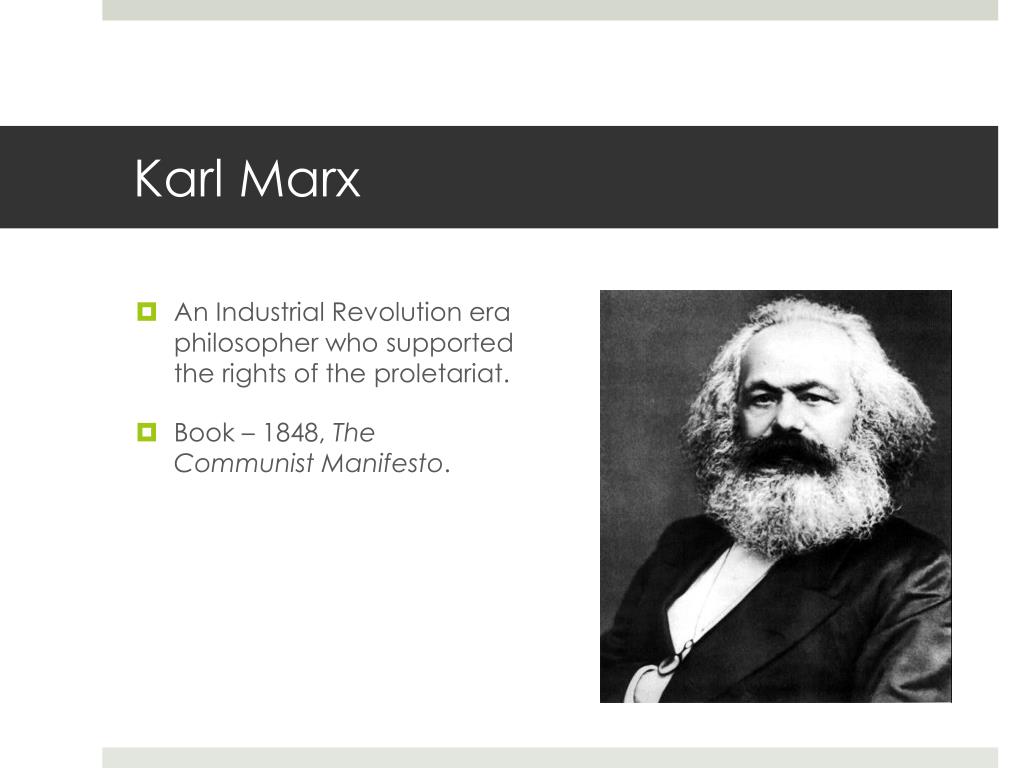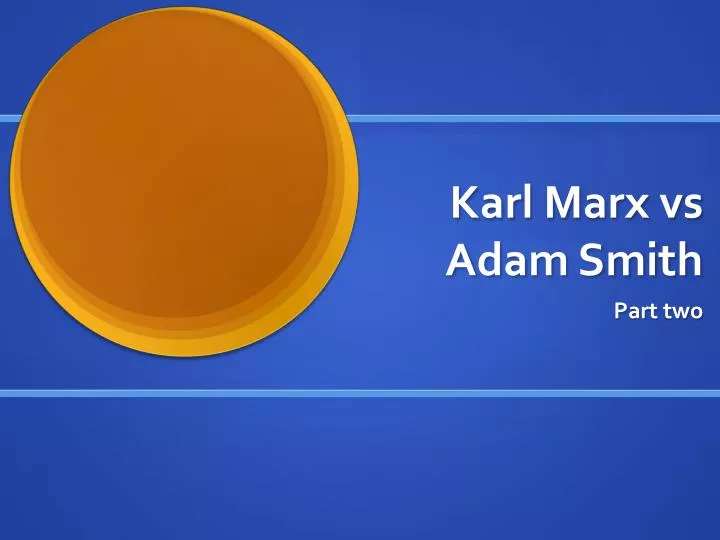

This toil and trouble is objectified as food, specifically as grains. Whereas Smith defines exchangeable value as rooted in the purchasing power of a product or service, which is then rooted in the toil and trouble saved or pleasure created by that product or service. This is partly because Marx defined exchangeable value as something assignable to all objects, and this something can only be money. However, he is unable to create a clear, direct solution. Harvey correctly acknowledges that exchangeable value is the cause of the current economic problem. So what’s so bad with the materialist approach in Economics, or with ignoring the human aspect? 1.

Problems Created by Materialism in Economics The ultimate spectator is then the impartial spectator represented by his moral sense. This technique is used by Smith to split himself into different ‘spectators’ in order to have mutliple perspectives about a thing. The dialectical method of Socrates uses two or more people who argue about a single thing. In a nutshell, Marx takes the materialist approach, similar to Say and Malthus, while Smith takes the metaphysical approach, similar to Hume and Socrates. He splits himself into two in order to view an action from different perspectives. He explains this technique in The Theory of Moral Sentiments wherein he puts himself in the shoes of other people. Smith’s mind jumps from mind to mind, or from cause to cause. Marx’s mind jumps from physical matter to physical matter, or effect to efect. He goes into the interests of each sector of society to see the cause of the economic actions. In contrast, Smith’s mind in The Wealth of Nations sees everything from the viewpoint of the human mind first.

He generally disregards the human mind or the perceiver of that matter. Value based on pain or pleasure “toil and trouble”īy reading Marx’s flow of ideas in Section 1 of Capital, Marx’ mind seems to view every economic thing from the viewpoint of matter first. Value based on mechanical human labour “human labour in the abstract” Capital 1.1 Value of an object to society “The power of purchasing other goods which the possession of that object conveys” Book 1, Chapter 4 Purely relative, intrinsic value of an object"(value) expressed in terms of something common to (all commodities)" Capital 1.1


 0 kommentar(er)
0 kommentar(er)
